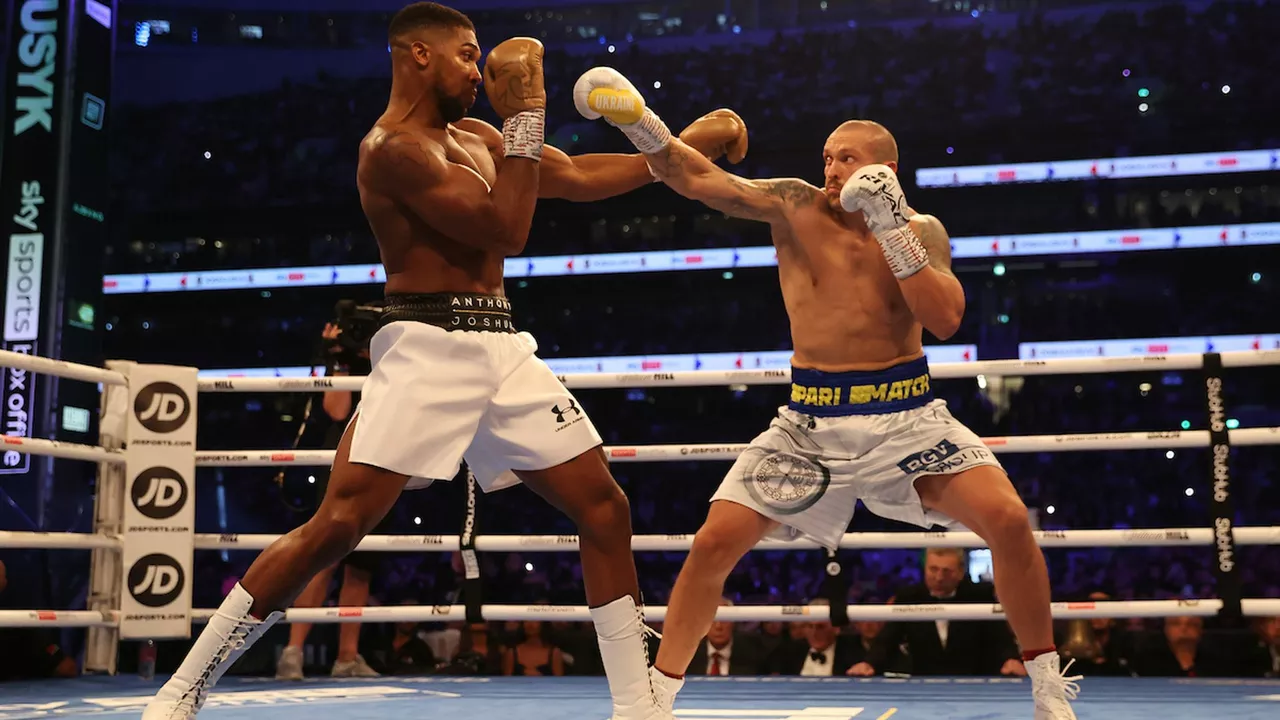Hesitancy in Boxing and Sports: What Holds Us Back?
Ever wonder why you feel a little uneasy before a big fight or a major match? That uneasy feeling is called hesitancy, and it shows up in many ways – from fans wondering if a bout will live up to the hype, to fighters pausing before stepping into the ring. Let’s break down why hesitancy matters and how you can turn that doubt into a better experience.
Why Fans Feel Hesitant
Fans often get stuck between excitement and doubt. When a headline like “Canelo vs. Jake Paul” pops up, you might ask, “Will this really be a good fight?” That question is the core of hesitancy. It comes from three main sources: lack of clear information, past disappointments, and the fear of spending money on a let‑down.
First, if the matchup details are vague – like no clear weight class or no clear date – you don’t have enough facts to feel confident. Second, if you’ve watched a few hype‑heavy fights that turned into boring fights, you start to expect the worst. Finally, ticket prices and pay‑per‑view costs make you think twice; you don’t want to waste cash.
All of these factors add up, and the result is a hesitant fan who may skip the event or watch from home instead.
Why Fighters Show Hesitancy
Boxers and wrestlers aren’t immune either. Even champions pause before a bout. The biggest reason is risk. A single slip can cost a title, a career, or health. That fear makes many fighters train longer, study opponents more closely, or even negotiate better contracts before they feel ready.
Take the example of a boxer who wants to move up a weight class. He might hesitate because the new opponents hit harder, and he hasn’t tested his speed at that level yet. This hesitancy isn’t weakness – it’s a smart way to protect a career.
Another common scenario is a wrestler who’s offered a surprise match against a much bigger star. The excitement is real, but so is the fear of being out‑matched. That wrestler will often ask for extra rehearsal time, or he may negotiate a “no‑disqualification” clause to level the playing field.
So what can you do when hesitancy pops up?
- Do your research. Look at fighters’ recent records, watch preview videos, and read expert analysis. The more facts you have, the less space there is for doubt.
- Set a budget. Decide how much you’re willing to spend on tickets or PPV before checking the lineup. That way the decision stays about the sport, not the price.
- Talk to other fans. Forums, social media groups, and comment sections are full of people sharing real‑time reactions. A quick poll can give you a clearer picture.
- Accept some uncertainty. No fight can be guaranteed. Embrace the surprise factor – it’s part of what makes combat sports thrilling.
Remember, hesitancy isn’t a dead end. It’s simply a signal that you need more info or a better plan. Whether you’re cheering from the stands or watching from home, turning that hesitation into action can make every fight feel more rewarding.
Next time a big fight is announced, ask yourself what’s causing the pause. Then follow the steps above, and you’ll move from doubtful fan to confident enthusiast – ready for every jab, slam, and surprise that comes your way.
Why was Anthony Joshua so hesitant against Oleksandr Usyk?
In Anthony Joshua's recent fight against Oleksandr Usyk, it was quite noticeable that Joshua seemed unusually hesitant. Some speculate that he may have been thrown off by Usyk's southpaw style and unpredictable movements, which deviate from what Joshua is typically used to dealing with. Others believe that Joshua was trying to conserve his energy for later rounds but ended up being outpaced by Usyk. Some also suggest that Joshua's previous loss to Andy Ruiz Jr. might have affected his confidence, making him more cautious. Regardless of the reason, this hesitance definitely contributed to Joshua's loss against Usyk.
View More